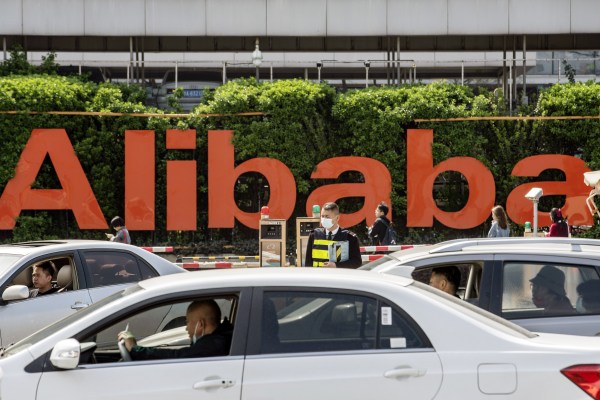Alibaba never fails to show it’s a fan of restructuring to stay nimble in an ever-changing environment.
The e-commerce behemoth said Tuesday that it will split into six business groups, which will each be managed by their respective CEOs and follow a holding company structure. Each CEO will report to a board of directors and assume full responsibility for company performance.
The decision, which it describes as the “most significant governance overhaul in the platform company’s 24-year history,” came just a day after Jack Ma was spotted in China for the first time after spending months abroad.
The reappearance of the billionaire founder of Alibaba and Ant Group has become a source of intrigue for investors and entrepreneurs, who see his whereabouts as a bellwether of Beijing’s relationship with the private sector.
Over the past three years or so, China has imposed a sweeping regulatory crackdown on the tech industry, freezing the IPO of Ant and driving Didi to delist from the U.S. But in recent weeks, the country has made efforts to restore confidence in the business community, for instance, by hosting a high-profile corporate summit that attracted the likes of Tim Cook and Ray Dalio.
Alibaba is reorganizing its digital empire to reconcile with changes in the tech industry. “This transformation will empower all our businesses to become more agile, enhance decision-making, and enable faster responses to market changes,” said Daniel Zhang, current CEO of Alibaba, in an email to employees. Zhang will continue to serve as the chairman and CEO of Alibaba Group.
“The market is the best litmus test, and each business group and company can pursue independent fundraising and IPOs when they are ready,” said the CEO.
The setup means the staff and leaders of each subsidiary would be better incentivized by their respective stock option plans. It also offers flexibility to Alibaba’s businesses to seek IPOs in different jurisdictions, where approval processes could vary greatly.
When it comes to impact on staff, the reorg is undoing the organizational structure that it prided itself on for years — the “middle platform,” which are middle and back office functions that can be reused across departments for data and business purposes.
These resources will transition into the relevant business groups and companies going forward and only retain functions required for listed company compliance, according to Alibaba. As the units become more independent, resources will be siloed, which will inevitably lead to redundancy; but the good news is some departments might need to increase their headcount after months of big layoffs.
The six business groups of Alibaba are Cloud Intelligence Group (cloud computing — think AWS), Taobao Tmall Commerce Group (domestic retail businesses), Local Services Group (on-demand businesses like food delivery), Cainiao Smart Logistics (logistics), Global Digital Commerce Group (overseas retail businesses, including Lazada) and Digital Media and Entertainment Group (including the likes of video streaming).
